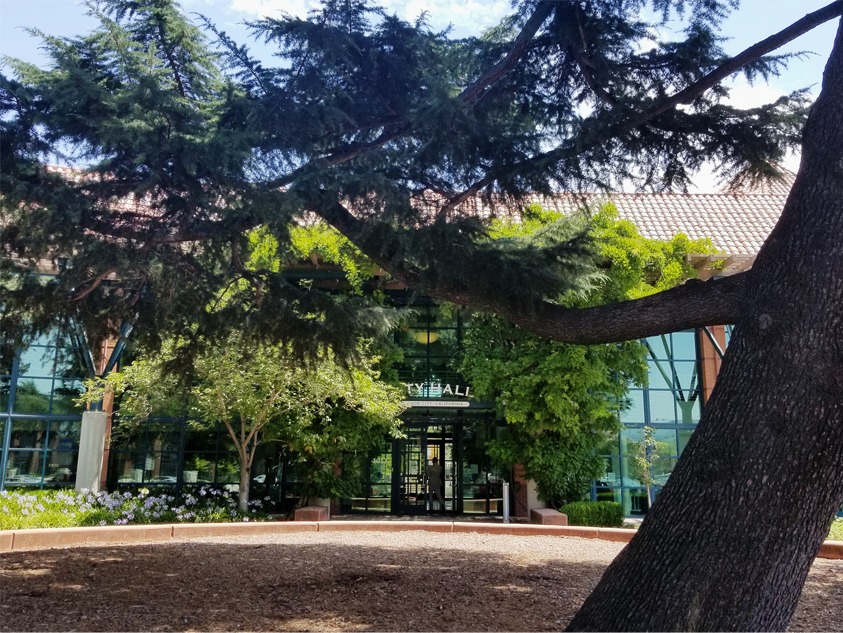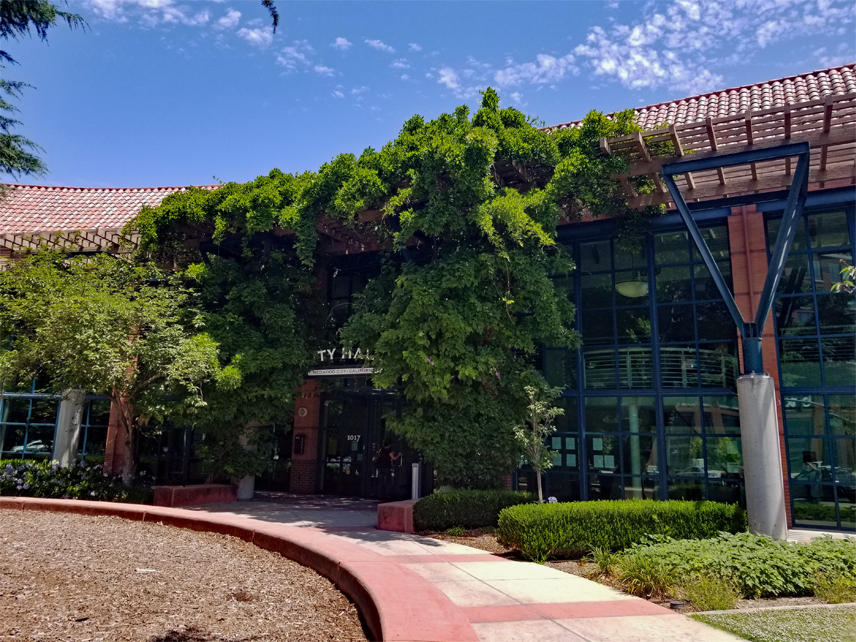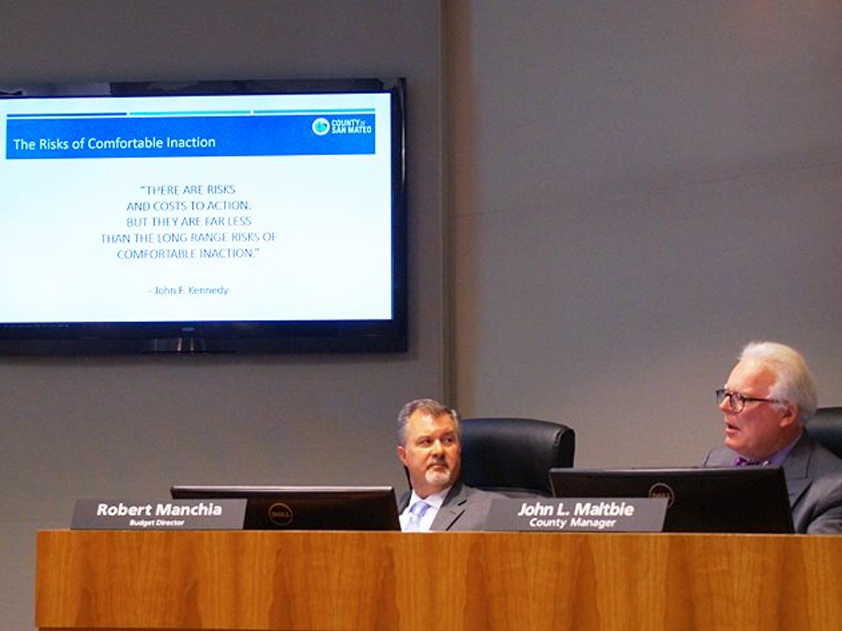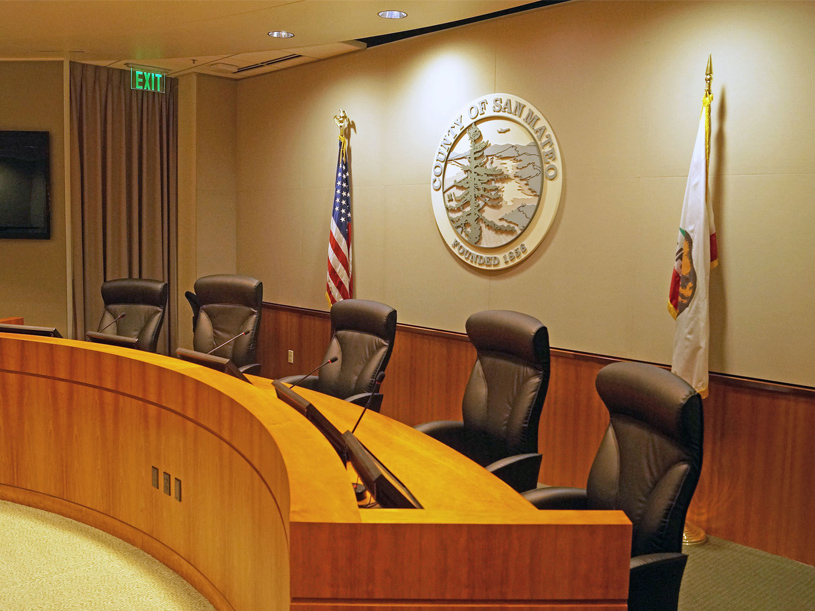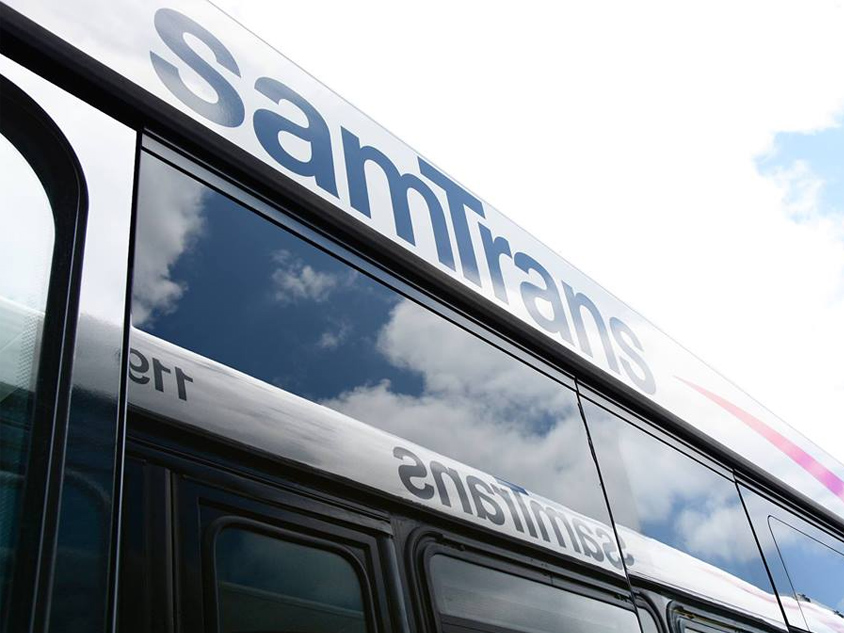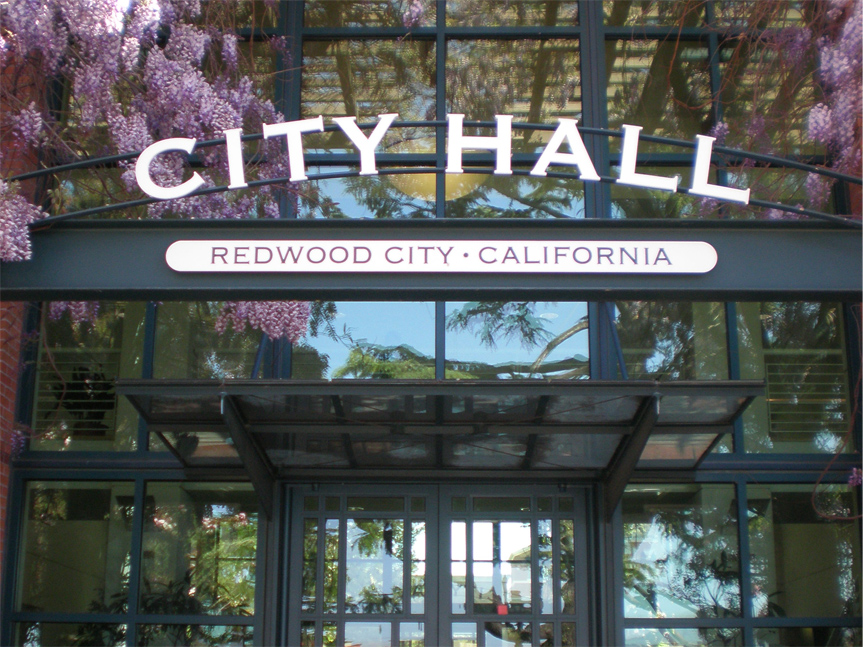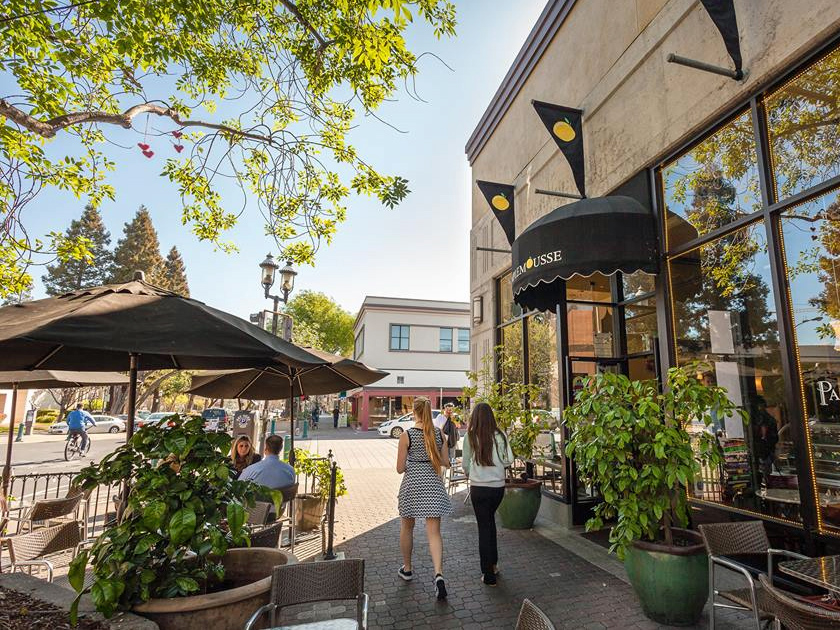Political Climate with Mark Simon: San Mateo and Santa Clara dispute over Stanford expansion plans heats up
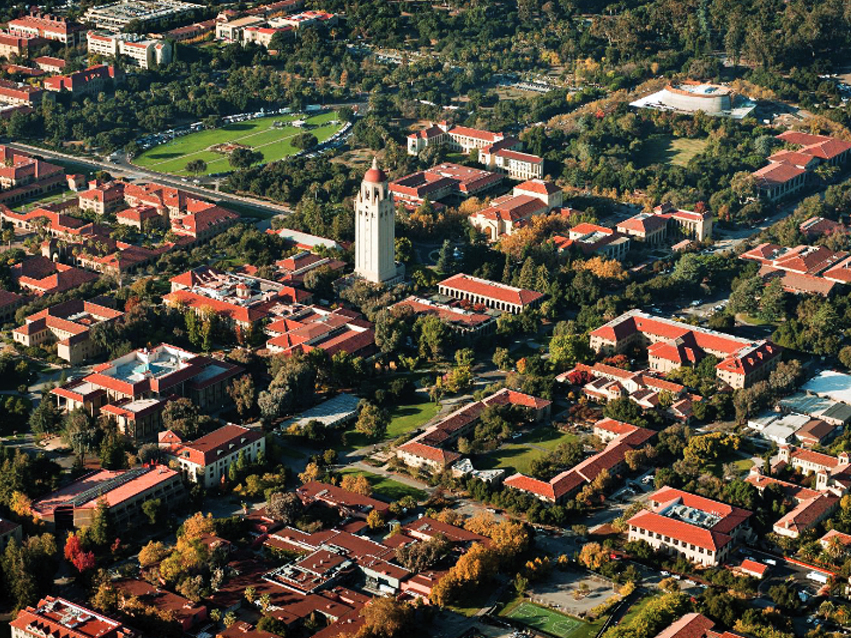
The fight is escalating between San Mateo and Santa Clara counties over Stanford University’s plans for expansion and now includes the threat of possible legal action.
San Mateo County wants more of a say in the university’s expansion plans, which would have regional impacts with the proposed addition of 2.275 million square feet of academic and academic-related development and 3,150 new housing units.
A letter from San Mateo County issued this week alleges Santa Clara County has ignored a prior series of comments from San Mateo County on the Stanford project draft environmental impact report. The revised draft “exacerbates the concerns expressed by San Mateo County” in a manner that appears to be disrespectful, according to the letter.
It is clear San Mateo County officials feel they are being shunted aside, and that has added an emotionally charged element to the letter.
Santa Clara County’s “failure to address San Mateo County’s prior comments … reflects poorly on Santa Clara County’s respect for the very serious and legitimate concerns of its neighboring jurisdictions.
“It has put San Mateo County in the unfortunate position of having to vigorously challenge the adequacy of these environmental documents,” the letter states.
It concludes that San Mateo County “will evaluate all available options,” an implicit threat that San Mateo County could sue its southern neighbor to challenge the adequacy of the environmental impact report and the assumptions contained within it.
The sharply worded letter is signed on behalf of the San Mateo County Board of Supervisors by President Dave Pine to David Rader.
The proposal has been the subject of heated debate, focused largely on a proposal, led by Santa Clara County Supervisor Joe Simitian, to impose a substantial housing impact fee on Stanford.
In advocating for the fee, Simitian has said it is necessary to mitigate the impact of Stanford’s proposal on the regional housing market, already struggling with a significant shortage.
The Pine letter specifically objects to the draft report’s focus on off-campus housing proposed throughout the region to accommodate the growth in the Stanford plan, which, the letter states, could have major impacts on adjacent communities in San Mateo County.
“The assumption that these impacts can be reduced in any meaningful way by constructing housing anywhere within the Bay Area, or within a six-mile radius, under an ill-defined methodology that provides little to no involvement by San Mateo County, is both incorrect and contrary to the need for the project to mitigate its impacts on San Mateo County,” the letter states.
The letter also asserts that the draft environmental report inadequately addresses traffic impacts on the San Mateo County communities adjacent to the Stanford campus and that it is replete with insufficient study and misguided assumptions.
The technical objections notwithstanding, it is clear that San Mateo County is angry on an almost-personal level that it is being treated as a nonentity in a regional matter.
“We urge Santa Clara County to give the above comments the consideration they deserve, and to cease conducting its analyses in isolation,” the letter states.
“Coordinating this review with neighboring jurisdictions is not only needed to comply with (California environmental law), but is consistent with courtesy and comity principles that we would expect Santa Clara County to honor.”
Calls are pending with the various parties to this dispute and as we hear from them, we will report on that.
Contact Mark Simon at mark.simon24@yahoo.com.
*The opinions expressed in this column are the author’s own and do not necessarily reflect the views of Climate Online.

